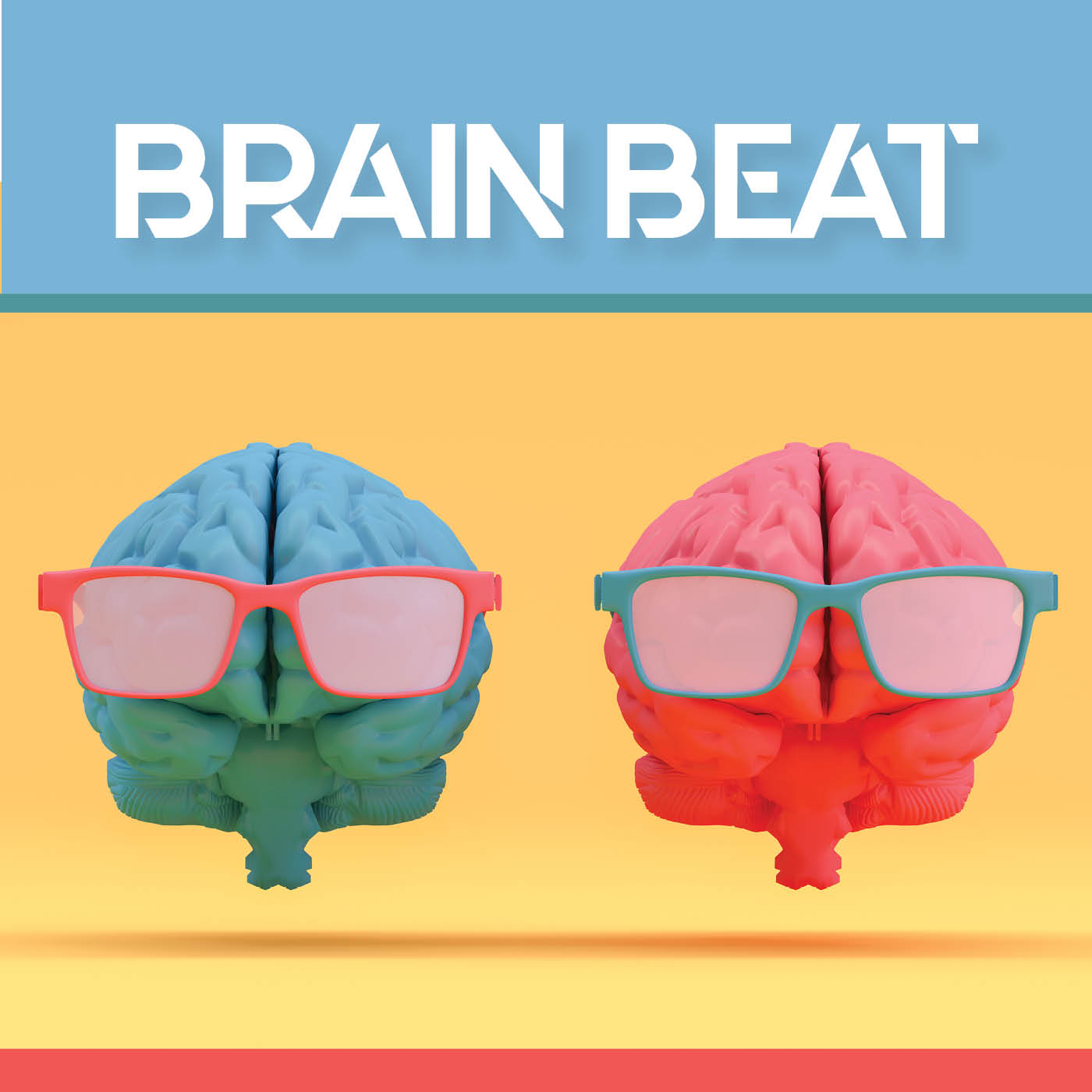We can't find the internet
Attempting to reconnect
Something went wrong!
Attempting to reconnect

Access AI content by logging in
Dr. Nada Gligorov, the Director of Graduate Studies and Associate Professor at the Alden March Bioethics Institute at Albany Medical College, joins Peter Stavinoha on the podcast today to talk about neuroethics. Prior to joining the Bioethics Institute, she was Associate Professor of Medical Education at the Icahn School of Medicine at Mount Sinai. Dr. Gligorov has published in leading journals in bioethics and philosophy including the Hastings Center Report, the American Journal of Bioethics, Neuroscience, Neuroethics, and the Monist. She has served as a member of the American Philosophical Association's Committee on philosophy and medicine from 2018 to 2020, and she's currently the chair of the American Society for Bioethics and Humanities, Neuroethics Affinity Group. She is also the author of a book titled Neuroethics and the Scientific Revision of Common Sense which she discusses with Peter here today.
Dr. Gligorov kicks off the episode by describing what neuroethics is and gives us an overview of her book Neuroethics and the Scientific Revision of Common Sense. She defines common sense and talks about neuroimaging and the different aspects of it, and then sheds more light on neuro privacy, mental privacy, the safeguards to mental privacy, and additional issues that could arise from doing neuroscience research. She also discusses the concept of freewill, the friction between neuroscience and freewill, her thoughts on the neuroethical issues related to impairments or alterations of consciousness and making decisions for others at the end of life. The implications of neurodegenerative or neurologic injuries, brain injuries, dementia, that result in a loss of cognitive capacity, and those kinds of conditions when cognitive capacity for decision making has been impaired are also covered, and our guest delves further into neurologic compromise and cognitive enhancement She finishes up by sharing her understanding of parents making decisions on behalf of their kids and by exploring pain as a mental state, giving some insight into the cognitive influence of pain through the placebo and nocebo effects. A true expert in her field, Dr. Nada Gligorov possesses a great deal of wisdom and knowledge which she generously shares with listeners in today’s thought provoking conversation.
Episode Highlights:
● Description of Neuroethics
● Overview of Neuroethics and the Scientific Revision of Common Sense
● Common Sense
● Neuroimaging
● Neuro and mental privacy
● Safeguards to mental privacy
● Issues arising from neuroscience research such as incidental findings
● The concept of free will
● Neuroscience vs. freewill
● Making decisions for others at the end of life
● Implications of neurodegenerative or neurologic injuries
● Neurologic compromise, cognitive enhancement and the implications
● Drawing the line between enhancement and treatment
● The placebo and nocebo effects as they relate to pain
Quotes:
“Common sense morality is an everyday way in which we talk about other people, meaning that the way in which we explain and predict our own behavior related to morality, and the way in which we explain and predict other people's behavior.”
“It’s through the popularization of neuroscience and the fact that we hear about neuroscience research in the popular media and from other sources as well that we have started to incorporate some of those scientific facts into our...